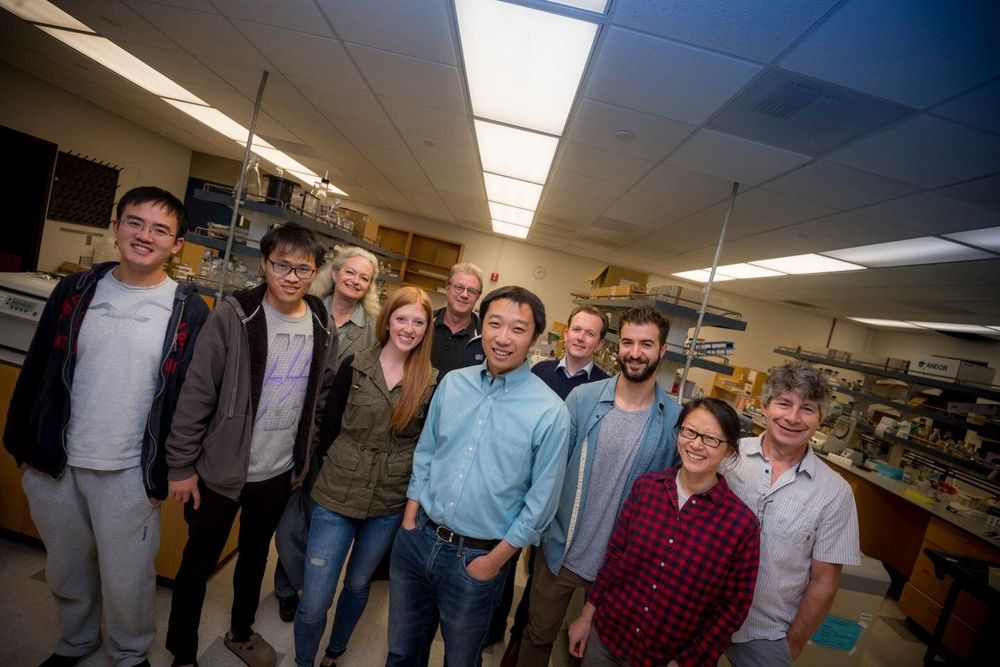New ground-breaking research from the University of Surrey could change the way scientists understand and describe lasers – establishing a new relationship between classical and quantum physics.
In a comprehensive study published by the journal Progress in Quantum Electronics, a researcher from Surrey, in partnership with a colleague from Karlsruhe Institute of Technology and Fraunhofer IOSB in Germany, calls into question 60 years of orthodoxy surrounding the principles of lasers and the laser spectral linewidth – the foundation for controlling and measuring wavelengths of light.
In the new study, the researchers find that a fundamental principle of lasers, that the amplification of light compensates for the losses of the laser, is only an approximation. The team quantify and explain that a tiny excess loss, which is not balanced by the amplified light but by normal luminescence inside the laser, provides the answer to the spectral linewidth of the laser.








